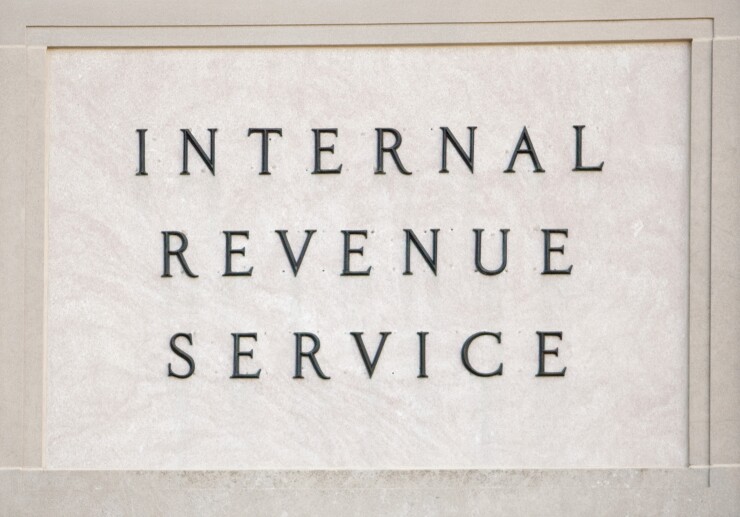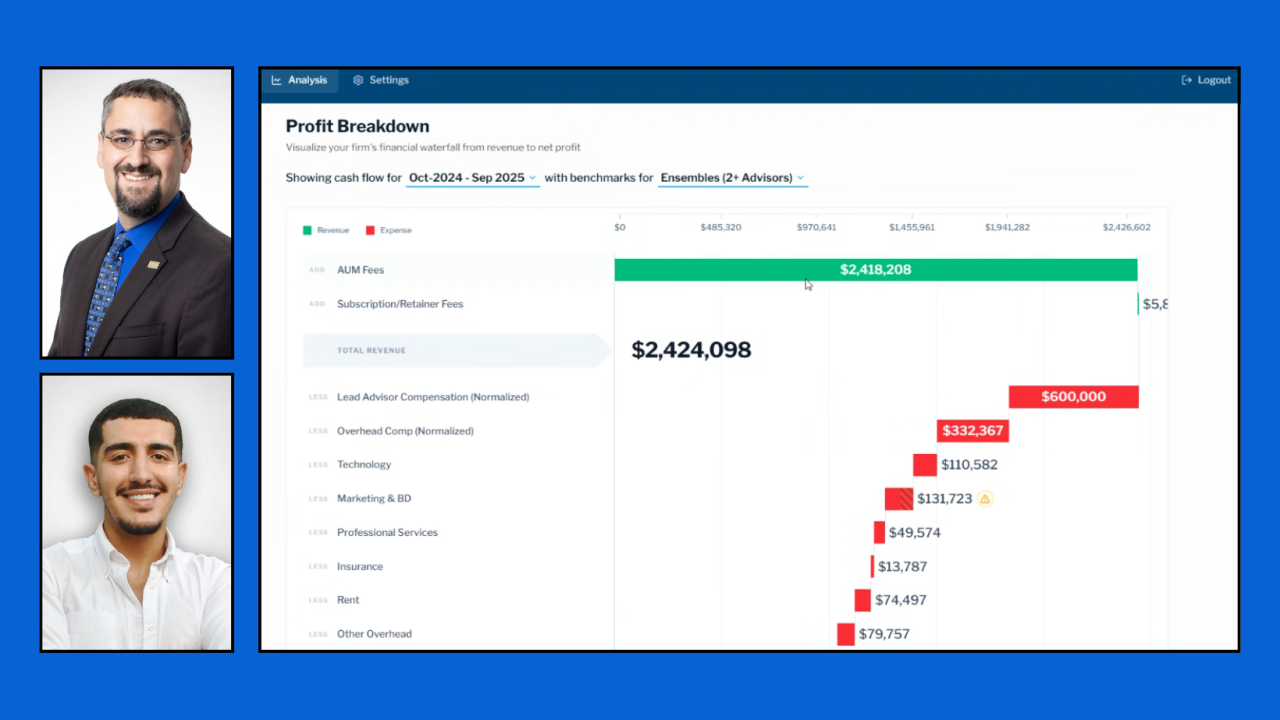Our daily roundup of retirement news your clients may be thinking about.
Municipal bonds can be a more lucrative option for 401(k) investors, especially those in higher tax bracket, writes an expert for USA Today. That's because interest yields from muni bonds are exempt from federal and sometimes state income tax, writes the expert. "On an after-tax basis, therefore, a municipal bond’s yield can be much higher than that of comparable taxable bonds, even when the munis’ yields are lower on a pretax basis."

Couples can determine their Social Security retirement benefits using a formula based on their work histories, according to this article on personal finance website Motley Fool. Their historical earnings will be adjusted according to inflation and their average monthly income is computed based on their 35 highest-income earning years. When this is done, Social Security will use "bend points" to adjust their average monthly indexed earnings, computing the benefits separately to determine the individual benefits of the spouses at full retirement age.
A certified financial planner says that clients are advised to weigh their options before taking a lump sum withdrawal from their traditional retirement accounts to cover a downsized home purchase, according to this article on CNBC. "They say it's not that big of a deal to make a one-time withdrawal. But they have to take enough to cover the taxes due," explains the expert. "And the distribution could push them into a higher tax bracket."
An expert says that filing for Social Security retirement benefits early can be a wrong move for some seniors, as they will miss out on the opportunity of boosting their benefit payouts, according to this article on Morningstar. Some seniors are also afraid spending their savings after they retire and unwilling to take investment risk, says the expert. "There's a debate about how much risk is the right level of risk and we certainly have strong views about that."
Clients are advised to plan for retirement, as they will run the risk of not being able to retire at all, according to this article on the Washington Post. Older workers who haven't built a nest egg should start saving as soon as they can, reduce spending and maxing out contributions to their tax-deferred retirement accounts if possible. Creating a source of guaranteed income, like an annuity, is a great hedge against the risk of running out of savings in retirement. They should act now, as “dying at your desk is not a retirement plan,” says a financial advisor.





